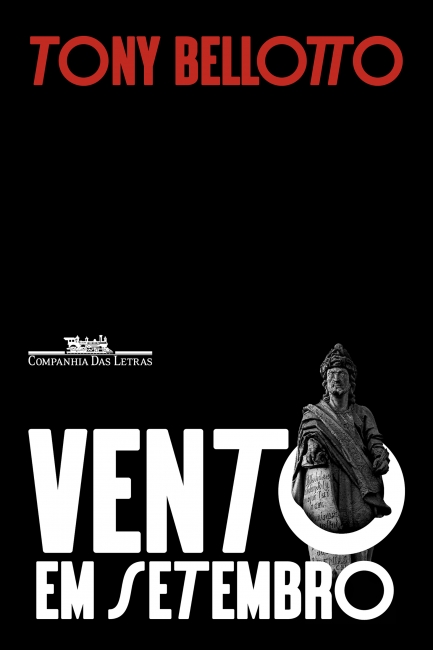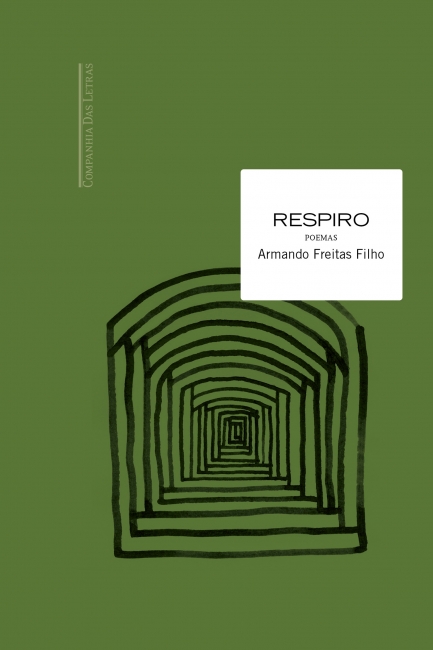Companhia das Letras Leads at Brazil’s 67th Prêmio Jabuti Awards With Eight Wins, Including “Book of the Year”
 Recognized as Brazil’s most prestigious literary award, the Prêmio Jabuti announced the winners of its 67th edition, celebrating excellence in literature and publishing across the country. Organized by the Brazilian Book Chamber, the award aims to recognize books published in Brazil, written in Portuguese, by Brazilian authors.
Recognized as Brazil’s most prestigious literary award, the Prêmio Jabuti announced the winners of its 67th edition, celebrating excellence in literature and publishing across the country. Organized by the Brazilian Book Chamber, the award aims to recognize books published in Brazil, written in Portuguese, by Brazilian authors.
Companhia das Letras emerged as the most awarded publishing house of the year, with eight prizes in total, recognizing seven works, including the coveted “Book of the Year” award. The top honor went to O ouvidor do Brasil: 99 vezes Tom Jobim by Ruy Castro, named “Book of the Year.”
The award-winning titles from Companhia das Letras are:
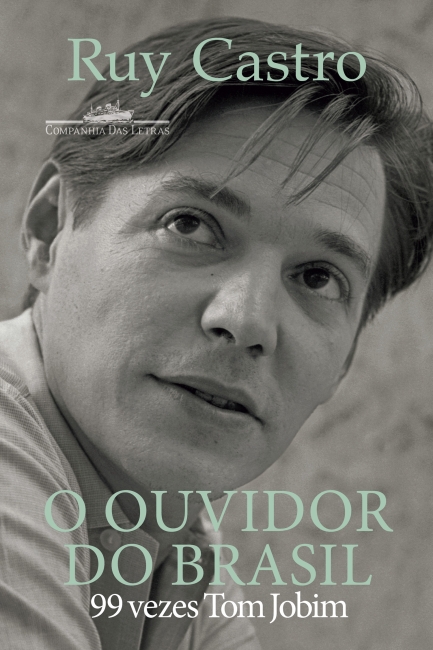 Book of the Year and Chronicles
Book of the Year and Chronicles
O ouvidor do Brasil (The Listener of Brazil) by Ruy Castro
Tom Jobim changed the history of Brazilian music with bossa nova and his songs, which influenced at least two generations of composers. And he took this music to the world. But readers probably already know that. What Ruy Castro shows in The Listener of Brazil is a Tom who is sometimes unexpected and unknown, emerging from different angles in each chronicle. Together, the texts form a kind of fragmented biographical profile of one of the greatest artists Brazil has ever had.
Vento em setembro (Wind in September) by Tony Bellotto
On one of his many farms, the rural magnate Máximo Leonel organizes a lavish party to celebrate the loss of virginity of his youngest son, Alexandre. For the occasion, he hires Laura, the most dazzling prostitute in the state capital. But the revelry turns into pandemonium when, at the crucial moment, Alexandre disappears without a trace, casting an atmosphere of pure mystery over the family and the city.
Respiro by Armando Freitas Filho
To see, to write, to read, to reread. On a typewriter, by hand, or with a pencil on the computer. Standing, in a hurry, in the tumult of the day, with a borrowed pen. Or sitting, at night, in the silence of the house. A fresh, brand-new poem, scribbled on, written as the thought wanders. A printed poem, on yellowed paper, kept on the shelf, remembered by heart, or perhaps forgotten, without any trace of what motivated it.
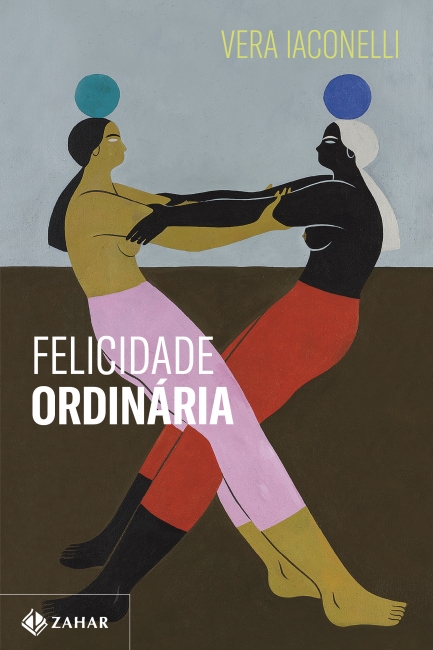 Health and Well-Being
Health and Well-Being
Felicidade ordinária (Ordinary Happiness) by Vera Iaconelli
In 2017, Vera Iaconelli accepted the challenge of translating everyday life from a psychoanalytic perspective. Since then, her articles, published periodically in Folha de S.Paulo, have explored various layers of contemporary society through themes such as affective relationships, feminism, masculinity, education, sex, and politics, as well as, of course, parenthood. This fluid and consistent approach has inevitably been marked by two events of great social impact: the strengthening of authoritarian tendencies with the rise of Bolsonaro, and the outbreak of a global pandemic.
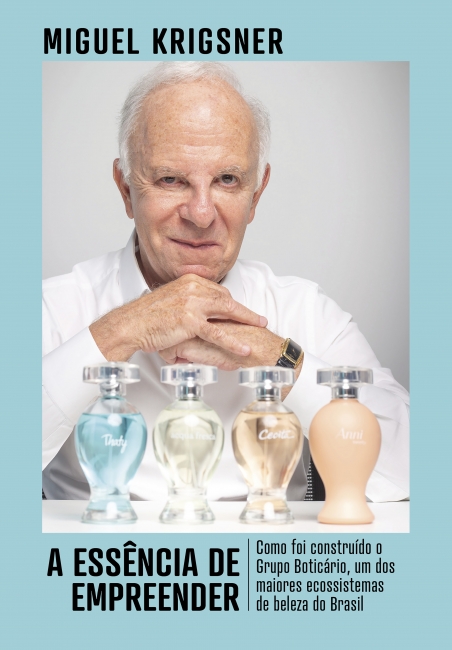
Business
A essência de empreender (The Essene of Entrepreneurship) by Miguel Krigsner
Miguel Krigsner often says that “there are moments in life when you can’t be ‘more or less’. It’s all or nothing.” This was true when, as a young man, he decided to study pharmacy and resolved to become an entrepreneur. He started with a small pharmacy, which grew gradually with the help of loans and the purchase of stock that had belonged to Silvio Santos.
 Cover Design
Cover Design
Acrobata (Acrobat) by Alice Sant’Anna, with cover design by Kiko Farkas
Acrobat is a book of poems that can be read like a novel. By bringing life experiences into writing, the verses describe moments marked by change—such as the birth of a child, the death of a loved one, and adapting to a new city. The unexpected arises both in the way the verses are structured and in the different voices, overheard or read aloud, that intertwine with that of the lyrical self. One poem leads to another in surprising exchanges of subjects, scenes, and situations. Some questions, however, seem to weave the plot together: is it better to leave or to stay? What is the purpose of fears? What is the difference between courage and caution?
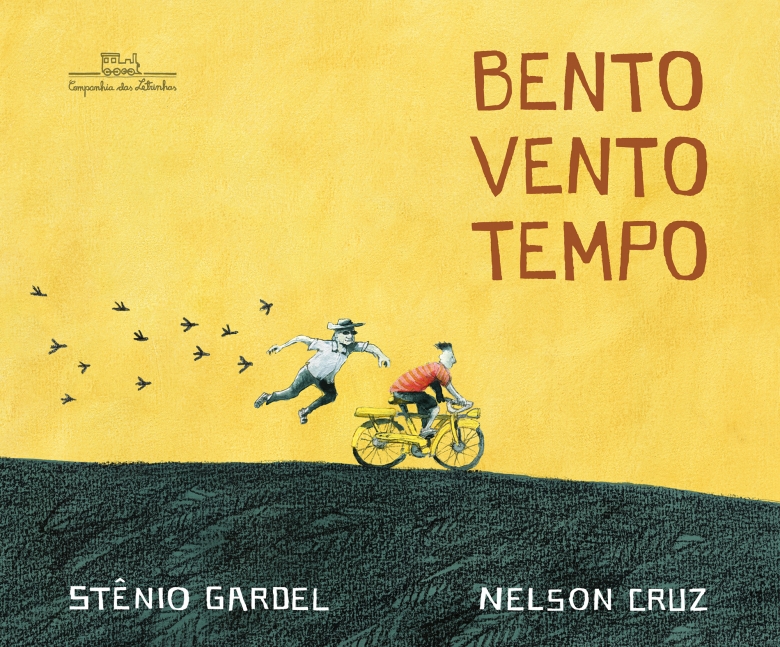 Illustration
Illustration
Bento Vento Tempo (Bento Wind Time) by Stênio Gardel, illustrated by Nelson Cruz
Bento has watched his grandfather Cacá change over time. Once hardworking and energetic, today he is a quiet old man, increasingly forgetful of others and of himself. One day, he decides to take his grandfather to the town fair on the yellow bicycle they have at home, and thus begins a fantastic and enchanting journey – where they will find dreams, courage, and themselves.

